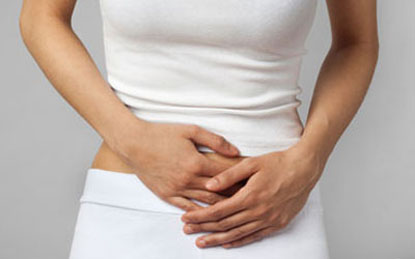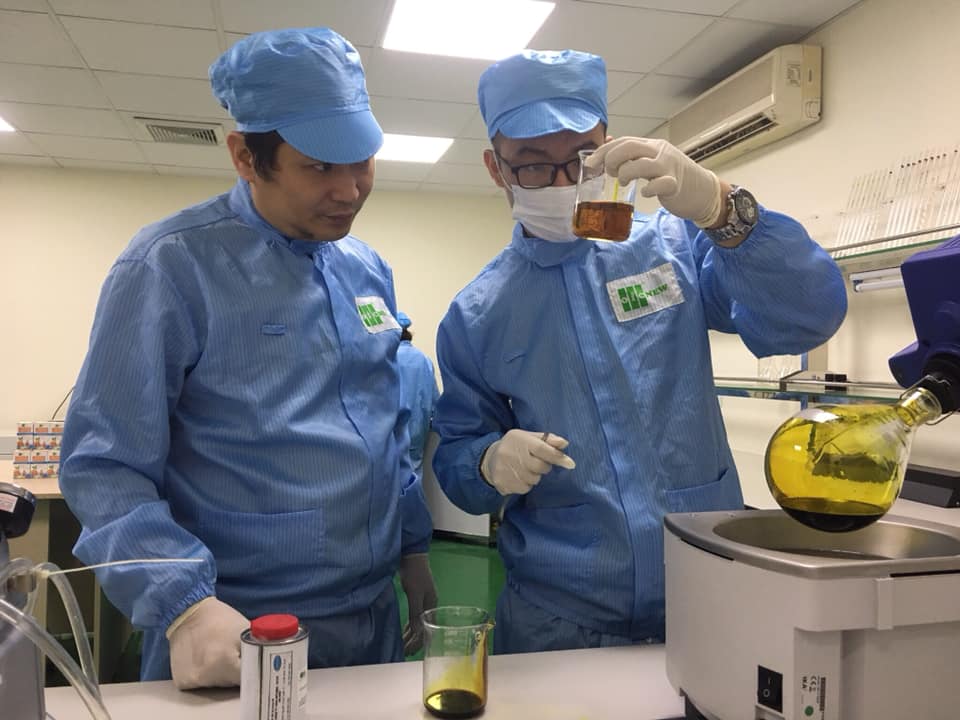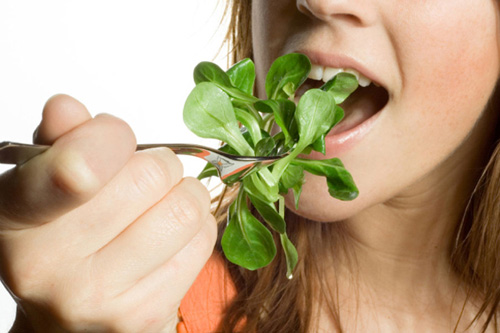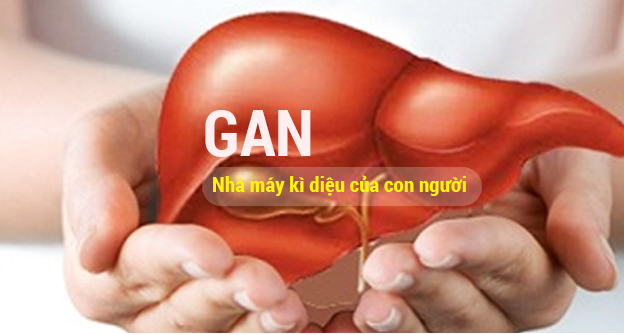Stomach ulcer is a condition in which the mucosal layer is damaged due to the caustic effect of acid and pepsin in the gastric lumen. Histologically, stomach and duodenal ulcer is defined as mucosal necrosis with the extent of damage, the size of the ulcer is greater than or equal to 0.5cm (1/5 inch). Stomach and duodenal ulcers are usually caused by the bacteria Helicobacter pylori. Taking medications such as aspirin, ibuprofen, and other NSAIDs can also cause or contribute to stomach and duodenal ulcers.

1. Stomach and duodenal ulcer?
Stomach and duodenal ulcers occur in the duodenum (the first part of the small intestine immediately after the stomach) 4 times more often than in the stomach. About 4% of stomach ulcers are caused by malignancies, so multiple tests are needed to rule out cancer. Meanwhile, most duodenal ulcers are benign. The appearance of an ulcer can be an erosion, indentation, or crater-like pit (photographs taken by patients), or a colonic polyp-like protrusion. Usually ulcers will take the form of depressions in the stomach and protrusions in the duodenum. These bumps come in many different shapes, but always emerge above the surrounding tissue.
2. Causes of stomach and duodenal ulcer
- The main cause (60% in gastric ulcer and 90% duodenal ulcer) is chronic inflammation caused by Helicobacter pylori bacteria on the gastric mucosa. Pathogenesis is also affected by diet and nutritional habits.
- Another cause is NSAID use because NSAIDs block the function of cyclooxygenase 1 (cox-1), which produces the slime prostaglandin that helps protect the stomach from the acid it secretes.
- The incidence of duodenal ulcer has decreased significantly over the past 30 years due to the improvement of people’s quality of life, while the rate of gastric ulcer has increased slightly due to the overuse of NSAIDs.
- Recent studies show that smoking, diet and spices, tea and coffee are not significant causes of stomach and duodenal ulcers under normal living conditions compared with causes in on.
3. Symptoms of stomach and duodenal ulcer
- Abdominal, epigastric pain related to meals. For duodenal ulcer is pain about 3 hours after eating.
- Bloating and full stomach.
- Nausea and vomiting.
- Anorexia and weight loss.
- Vomiting blood (may be caused by stomach ulcers or damage to the esophagus due to strong and persistent vomiting).
- Black and foul-smelling stools due to oxidized iron in hemoglobin.
- In some cases, ulcers cause stomach and duodenal ulceration, peritonitis, acute pain, and therefore require urgent surgery.
4. Complications of stomach and duodenal ulcer
- Gastrointestinal bleeding is one of the most dangerous complications, which can be fatal when suddenly large amounts of bleeding occur. This case occurs because the ulcer eats into the gastroduodenal artery.
- Perforation of the stomach often has serious consequences, such as leakage of food from the stomach into the abdominal cavity. Perforation of the anterior gastric surface often leads to acute peritonitis, initially chemically and then bacterially. Posterior gastric perforation is often accompanied by bleeding because the gastroduodenal artery is located posteriorly.
- Perforation and dissemination is when the ulcer spreads to other organs such as the liver, kidney, and pancreas.
- Ulcers caused by Helicobacter Pylori bacteria increase the chance of cancer by 3-6 times
5. Diagnosing stomach and duodenal ulcer
The diagnosis is made based on characteristic symptoms, in which stomach pain is a symptom of a stomach and duodenal ulcer. In some cases, the doctor may not need to make a diagnosis, but only a few specific tests and symptoms to be able to make an accurate conclusion.
Confirmatory diagnosis is made with the aid of modern equipment such as endoscope or x-ray. These diagnoses are made for people who are over 45 years old or have signs of weight loss and have no positive signs after a few weeks of treatment because stomach cancer also has similar symptoms.
The diagnosis of Helicobacter Pylori can be made by:
- Urea breath test or quick urea detection
- Direct culture from EGD test specimen
- Measurement of antibody levels in the blood
- Fecal antigen test
- Histological and color examination of the biopsy
Doctor’s advice:
When you have stomach and đuoenal ulcers, you need to eat and drink soft, easy-to-digest substances, especially elderly people whose teeth and jaws have declined. Do not eat too sour, spicy, should not smoke, drink coffee, strong tea, because these stimulants, if used in the evening, will adversely affect sleep. When sleep is disturbed, can not sleep or sleep less, flickering, the stomach ulcer is more painful and the disease will be worse. You should exercise regularly, depending on your health, choose the appropriate method.
















